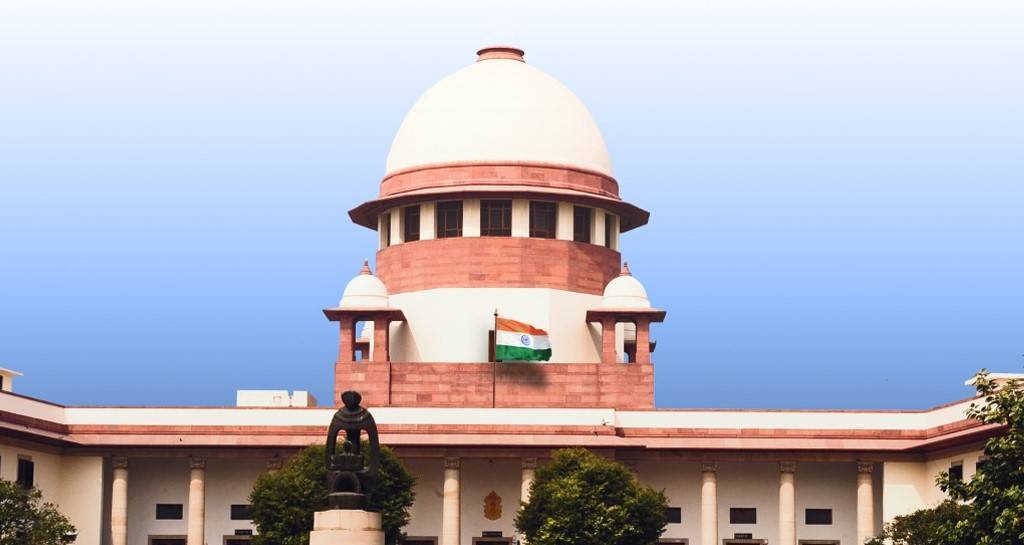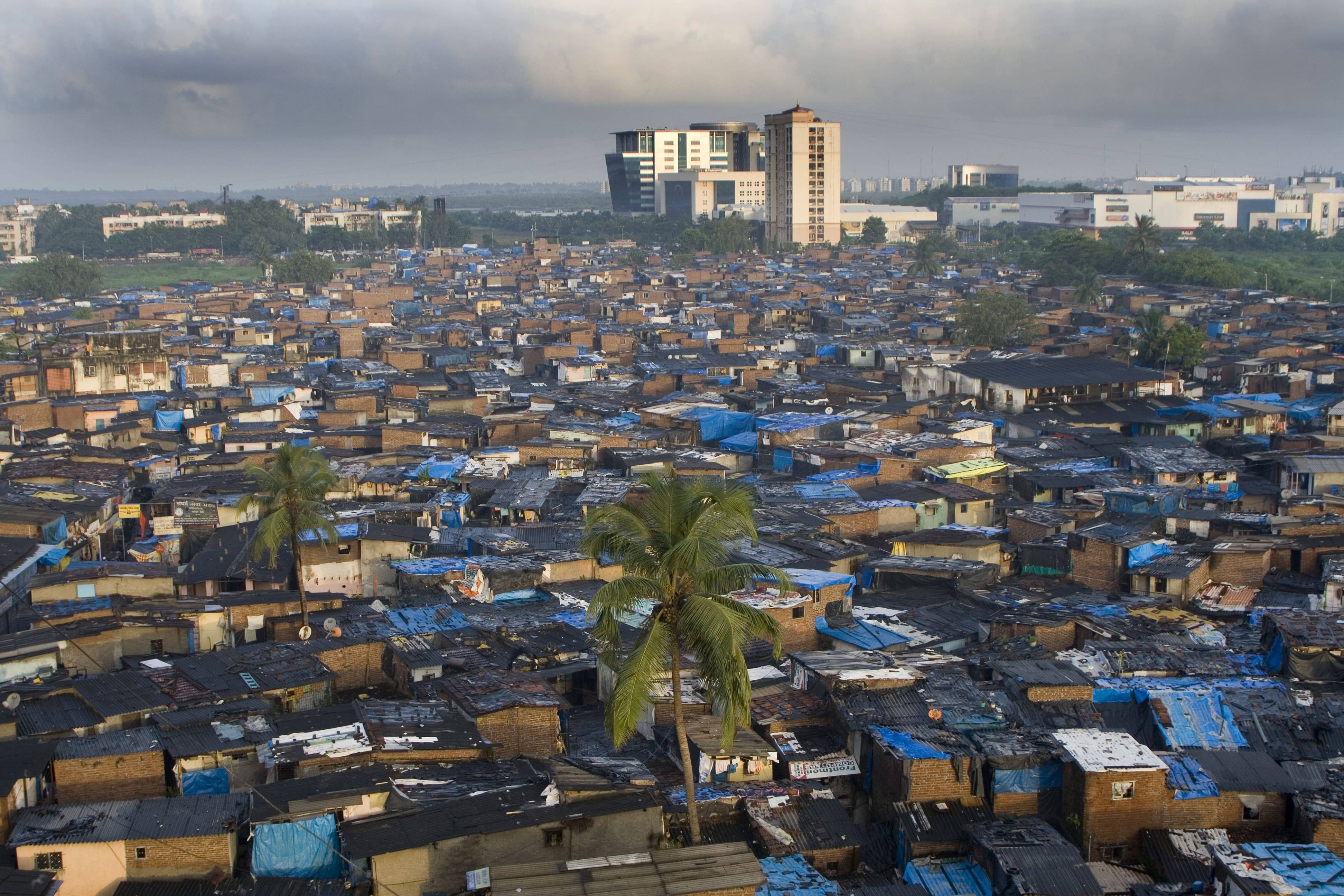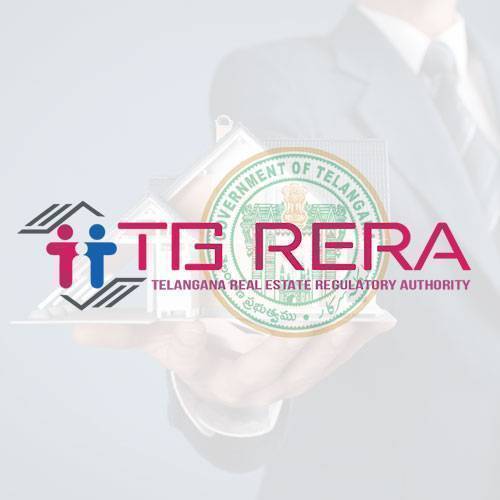The Supreme Court of India recently ruled that homebuyers have the right to protest peacefully against builders for grievances related to their properties, as long as the protests are conducted without defamation or abusive language. This landmark decision, made on April 17, 2025, emphasized that peaceful demonstrations, including non-abusive banners or displays of dissatisfaction, are protected under the right to free speech.
The case involved a group of homebuyers who had erected a banner outside a developer’s premises in Borivali, Mumbai, highlighting issues such as poor construction quality, unresolved grievances, and other maintenance problems. The builder had filed a defamation case against them, arguing that the banner contained false and defamatory statements. However, the Supreme Court quashed the defamation proceedings, ruling that the homebuyers’ actions were a legitimate exercise of their rights.
In its ruling, the Court highlighted that peaceful protests by consumers, even when directed at builders or service providers, do not automatically constitute criminal defamation. It emphasized that expressing dissatisfaction using moderate and temperate language is part of the consumers' right to free speech under Article 19 of the Constitution. The Court made it clear that these actions could not be criminalized unless they crossed a line into offensive or abusive language.
The Supreme Court also observed that the homebuyers did not use any foul language or make accusatory statements such as “fraud,” “cheating,” or “misappropriation.” The banner simply aired their grievances, which included issues like water leakage, poor lift maintenance, and unaddressed builder defects, among others. The language used was deemed mild and within the scope of acceptable protest.
The ruling relates to a defamation case filed in 2016 by a builder based in Borivali, Mumbai. The builder alleged that a banner put up by homebuyers displayed false and damaging information. The residents, who had moved into their flats in 2014, said they were compelled to raise their concerns publicly after repeated issues remained unresolved. In 2015, nearly 18 months after possession, they displayed a banner highlighting problems such as non-formation of the housing society, poor maintenance, and inadequate response from the developer. The banner carried the message, “We protest for our rights,” aimed at drawing attention to their grievances.
Initially, the Borivalli magisterial court in Mumbai had issued summons against the homebuyers, accusing them of criminal defamation. However, the homebuyers moved the Bombay High Court to quash the defamation complaint, which they failed to do. Finally, the case reached the Supreme Court, which ruled in favor of the homebuyers, stating that their peaceful protest did not fall within the scope of defamation and was protected under their constitutional rights.
The Court also made an important point regarding the relationship between builders and homebuyers, recognizing that grievances and disputes are common in such transactions. It noted that the homebuyers’ protest was an expression of the difficulties they had encountered and should not be construed as a defamatory attack on the builder’s reputation. The banner’s content was simply a reflection of the perceived grievances and did not contain any false or harmful statements.
The ruling serves as a reminder that consumers in India have the right to voice their concerns, even against powerful builders or developers. It also sets a precedent for similar cases in the future, establishing that peaceful protests over legitimate grievances should not be equated with criminal defamation. The Court’s decision aligns with broader consumer protection rights, reaffirming that people can seek justice and raise their voices without fear of legal retribution, as long as they do so in a manner that does not resort to slander or abuse.
The Supreme Court’s stance on this matter emphasizes the balance between free speech and the right to protect one’s reputation. It sends a clear message that the law must not be misused to stifle legitimate expressions of consumer dissatisfaction. Homebuyers, and by extension all consumers, can now feel more secure in their ability to peacefully protest against issues related to their properties or services without fearing unjust legal consequences.
Image source- sci.gov.in









.png)